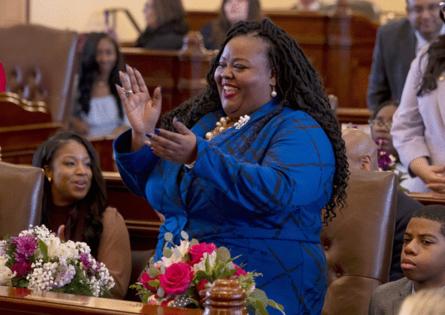New Illinois law aims to make it easier to evict squatters
Published in Business News
A new Illinois law is intended to allow law enforcement to remove squatters from privately owned property without the necessity of a lengthy eviction process.
The measure, signed into law by Gov. JB Pritzker on Monday, clarifies what has long been a point of contention over how authorities should handle squatters — people who are living in a residence without the permission of the property’s legal tenant or owner.
Illinois until now has not had a law differentiating between squatters and “overstaying tenants” — people who claim to be a tenant or owner of the property they’re occupying, according to Pritzker’s office. A squatter can’t be removed by law enforcement until a court eviction process is completed.
Beginning Jan. 1, the law will establish a clear distinction between lawful tenants and unlawful squatters to ensure that property owners aren’t forced to deal with a lengthy court process to remove occupants living on a property without permission.
The new law also gives authorities guidance that when a property owner can show valid ownership and trespassing is occurring, officers can remove trespassers, according to the governor’s office.
“This outdated eviction law has treated squatters the same as tenants, leaving property owners in limbo and tying the hands of law enforcement,” Pritzker said in a statement. “This bill delivers long-overdue clarity, closes dangerous legal loopholes, and ensures that trespassers can no longer manipulate the system to delay removal from properties they never had any right to occupy in the first place.”
“Squatters are a problem, and no one should have to get an eviction notice to remove them from their home,” said state Sen. Lakesia Collins, a Chicago Democrat whose district covers a swath of the Near North and West sides. “We are responding to constituents who have had trouble with squatters who could not be removed without an eviction. This will simplify the process and bring back much-needed security to residents.”
The state House passed the measure without opposition in May after it moved through the Senate on a 55-1 vote, with Republican state Sen. Andrew Chesney of Freeport voting no.
©2025 Chicago Tribune. Visit at chicagotribune.com. Distributed by Tribune Content Agency, LLC.












Comments